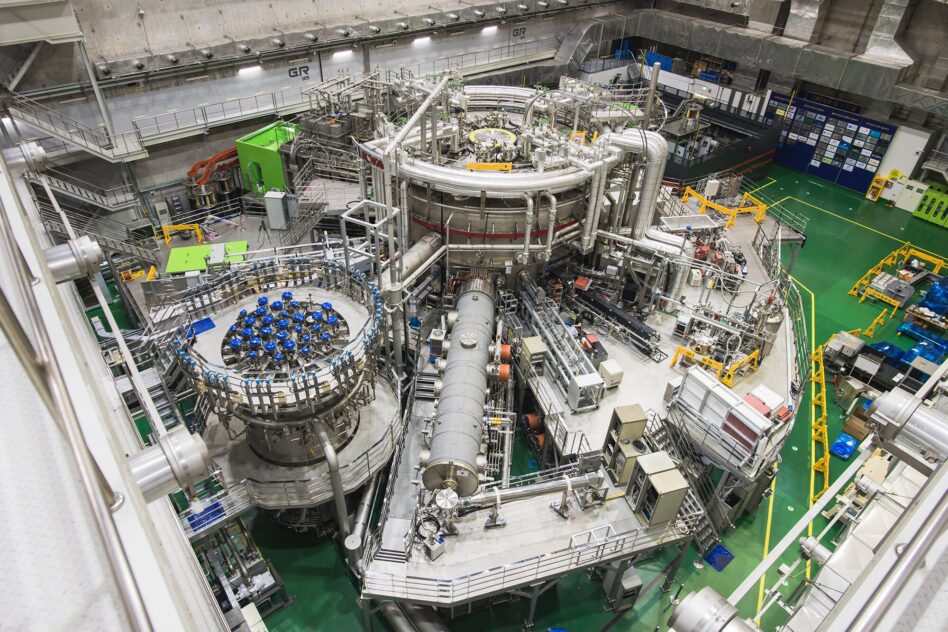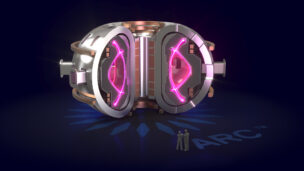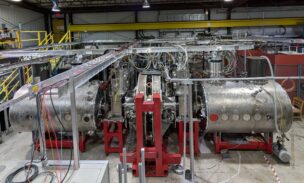Korea’s fusion development is about to get a major government windfall as the nation races toward commercial opportunities.
Last week, South Korea’s National Fusion Energy Committee, an office within the Science Ministry, announced that it would start a 1.2T won ($866M) program to bolster domestic commercial fusion development. The funding, separate from the vast amounts allocated to the KSTAR and ITER experimental projects, will help the researchers and companies from those projects take their expertise to market.
“Although Korea has been one of the leading players with the KSTAR project and its involvement in the ITER program, the competition is getting fiercer with new startups aiming to begin commercial operation in the 2030s coming up in the United States, Britain, and China,” Park Sang-wook, the country’s senior presidential secretary for science and technology, told Korea JoongAng Daily.
“Therefore, without a public-private partnership, we may fall behind in the global race.”
The lessons learned: South Korea is one of the key collaborators on the International Thermonuclear Experimental Reactor (ITER) project, the world’s largest public fusion development initiative. The Korea Superconducting Tokamak Advanced Research (KSTAR) reactor, a smaller version of ITER, is active and has sustained 100M°C plasmas for up to 48 seconds.
- By 2026, the KSTAR researchers hope to sustain a plasma of that temp for 300 seconds.
- The ITER project will take longer. The consortium recently announced that it doesn’t expect to begin operations before 2034.
The KSTAR development has involved lots of Korean engineers and encouraged domestic companies to try their hand at fusion development of their own. For instance, EnableFusion has raised $9M in funding and is working toward near-term commercialization. The government wants to keep that energy going…no pun intended.
All hail the PPP: It takes—and forgive our language—a shitload of funding to develop fusion. Though some private investors have identified the sector as a promising area for returns, as evidenced by the massive amounts raised by companies like Commonwealth Fusion Systems and Helion, the all-powerful public-private partnership will still be necessary to get the tech over the finish line and into the energy mix.
Globally, PPPs underway include:
- The US DOE, with the Fusion Innovation Research Engine (FIRE) program under the Office of Fusion Energy Sciences, which is making $180M available to fusion companies. An additional $46M has been awarded through the Milestone-Based Fusion Development Program.
- The UK, whose Spherical Tokamak for Energy Production (STEP) program is soliciting proposals from industry for a future fusion plant.
- China reportedly spends ~$1.5B per year on fusion tech development, much of which goes to modern and potentially commercial projects.
Korea’s commitment puts it at the higher end of government investment in commercial fusion. Over the next few years, the nation hopes to see growth in the domestic fusion industry and attract more talent from abroad to work on Korean fusion projects.
Lead Reporter of Ignition





